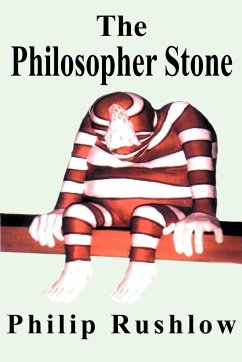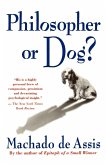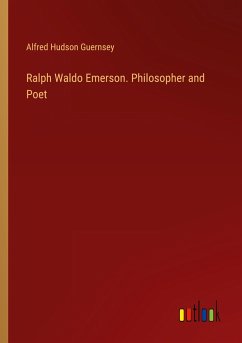The first casualty, if we are prisoners of an unbreakable chain of causes and effects, is free will. If we have no minds to intervene, options are an illusion. Our apparent choices are only the reactions of our physical brains to inputs from the physical world. The laws of cause and effect make these events as inevitable as the movements of the balls on a snooker table. An ex-student of philosophy, returning to the subject of 'mind' after many years, is convinced by overwhelming new evidence from neuroscience that the mind does not exist independently from the brain. The implications are intriguing and disturbing. It begins to seem questionable whether our beliefs in the mind and free will are going to outlive the next half century; and out with the bathwater will go the idea that we can be blamed for anything we do. Fascinated by what the future holds, he writes a paper that comes to the attention of a secret organisation called the Institute. He is invited to visit, and discovers that the government has become deeply involved in planning how to deal with the consequences of this discovery when it comes to common knowledge. Meanwhile, closer to home, he finds himself becoming attracted to a girlfriend from his past, just as the grounds for morality seem to be collapsing. By far the most engrossing area of philosophy today comes alive when removed from the neuroscience laboratory and the philosophy faculty and viewed through the prism of a dilemma many of us face about fidelity.








